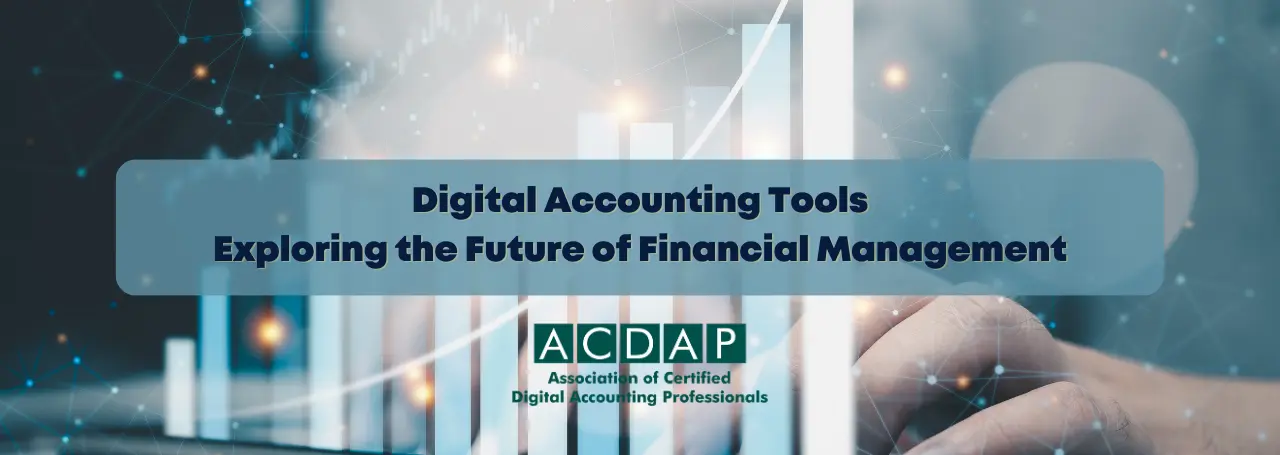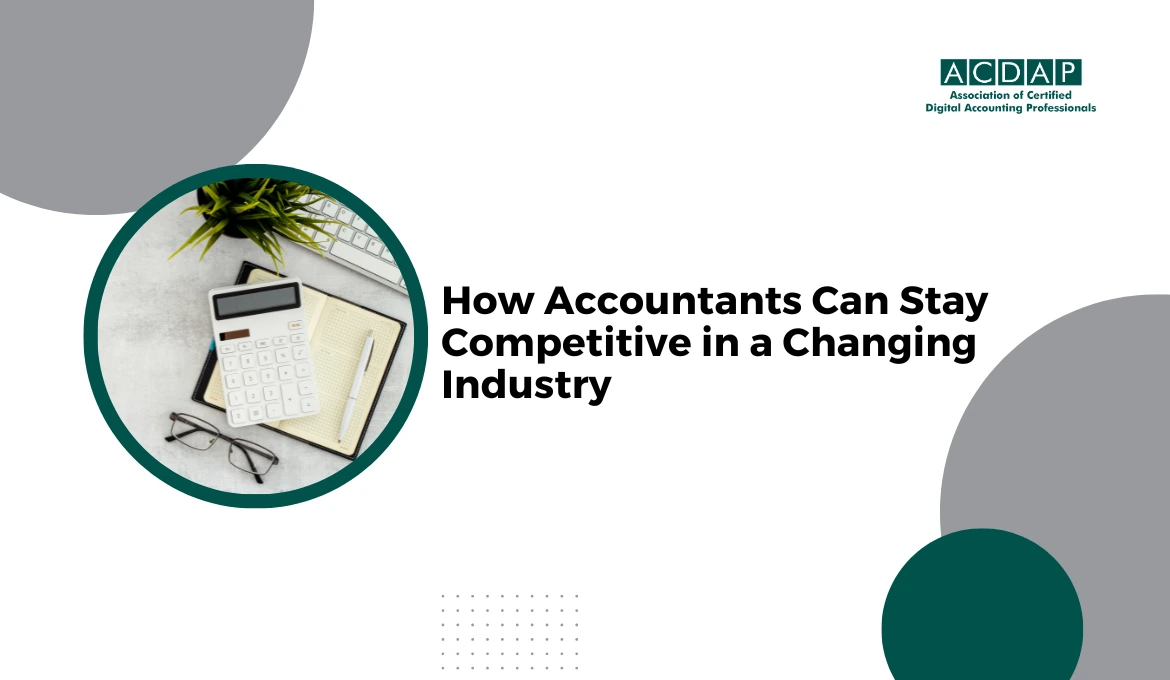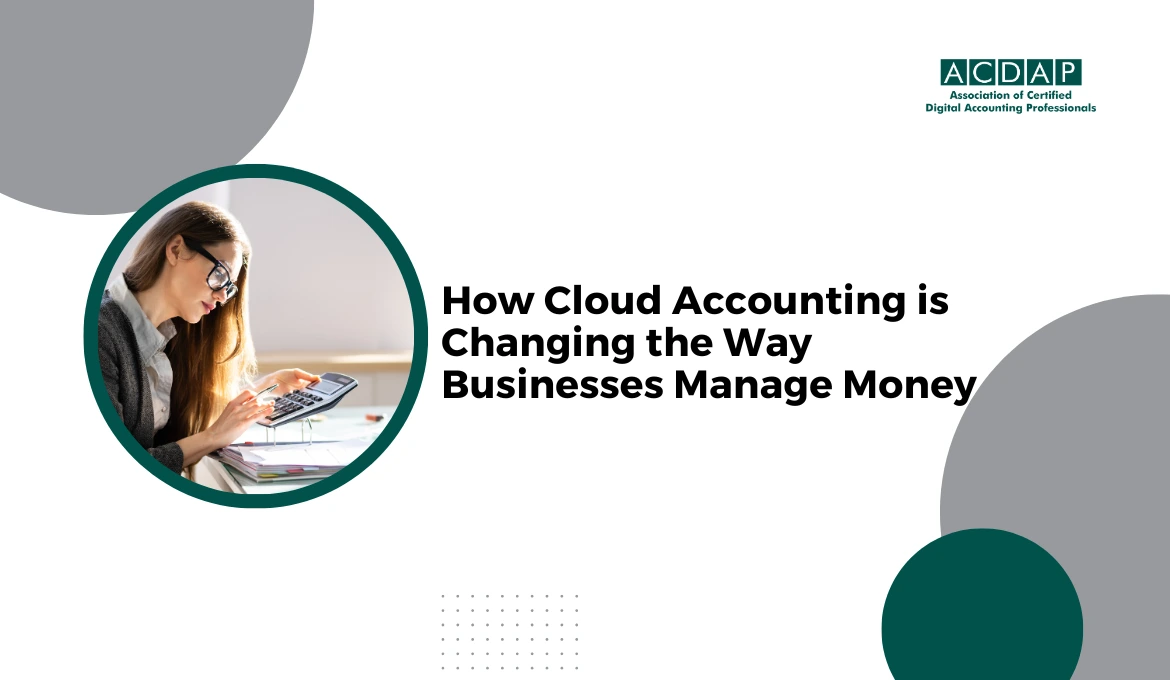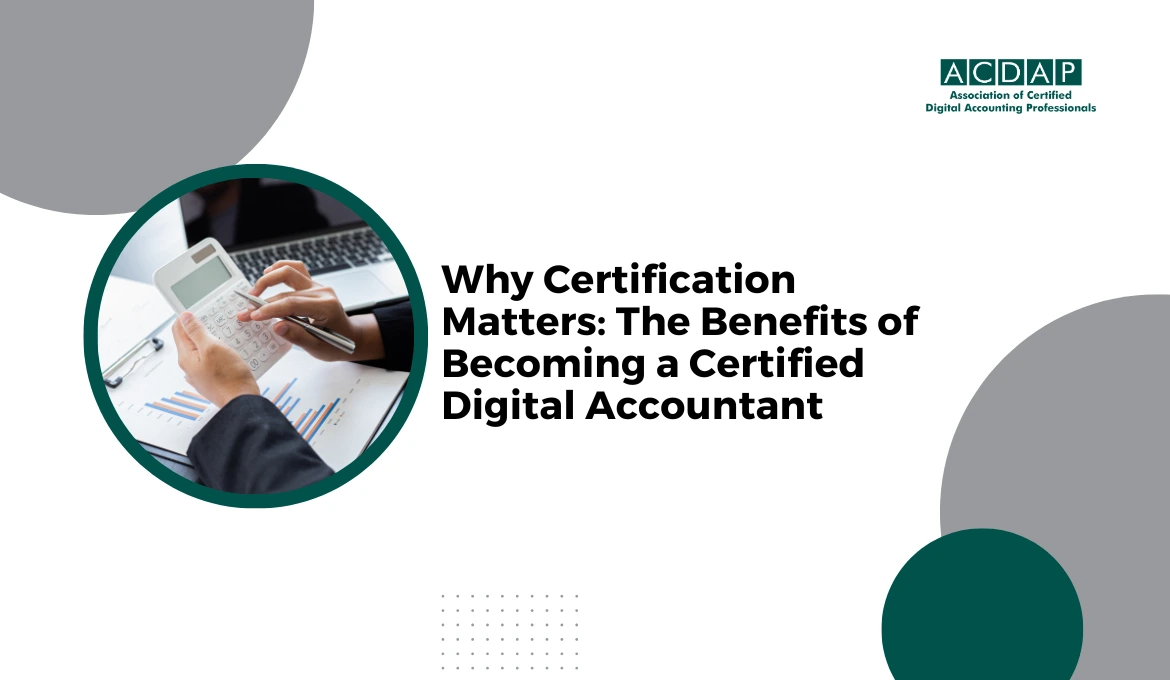Financial management has also evolved to keep pace in an age where information flows at the speed of light. Digital accounting tools have taken centre stage, allowing businesses to streamline their financial processes, gain insights, and make informed decisions.
This blog will explore the latest digital tools and technologies transforming financial management, discuss their benefits for businesses, and provide real-world examples and case studies to showcase their significant impact.
The Digital Revolution in Financial Management
The landscape of financial management has undergone a digital revolution, with a wide range of tools and technologies reshaping how businesses handle their finances. The following are some of the latest digital accounting tools leading the charge.
Cloud-Based Accounting Software
Cloud-based accounting software platforms, like QuickBooks and Xero, have become a staple for businesses of all sizes. These platforms offer real-time financial tracking, automated data entry, and seamless collaboration among team members.
They allow companies to access their financial data from anywhere, facilitating remote work and on-the-go decision-making.
Artificial Intelligence and Machine Learning
Artificial intelligence (AI) & machine learning are rapidly integrated into accounting software. These technologies can analyse large datasets, identify trends, and predict future financial outcomes.
For example, AI can help with fraud detection, expense categorisation, and generating insights from financial data.
Blockchain for Transparency
Blockchain technology is gaining traction in financial management due to its transparency and security features. It enables businesses to record financial transactions in a tamper-proof and decentralised ledger. This not only reduces the risk of fraud but also simplifies auditing processes.
Expense Management Apps
Expense management apps, like Expensify and Concur, simplify the tracking and approval of expenses. Employees can easily capture receipts using their smartphones, and these apps automatically categorise expenses and ensure compliance with company policies.
Financial Analytics and Reporting Tools
Powerful financial analytics and reporting tools, such as Tableau and Power BI, help businesses make sense of their financial data. They can generate interactive dashboards, perform in-depth financial analysis, and visualise data to aid decision-making.
Benefits of Digital Accounting Tools for Businesses
Adopting digital accounting tools is not just a trend; it's necessary for businesses seeking to thrive in a rapidly changing financial landscape. Here are some key benefits:
- Efficiency and Automation: Digital accounting tools streamline financial processes, reducing manual data entry and the risk of errors. For example, with cloud-based accounting software, transactions can be automatically recorded, saving time and resources.
- Real-Time Access to Data: With an internet connection, businesses can access their financial data in real-time from anywhere. This empowers teams to make timely decisions based on the most up-to-date information.
- Cost Savings: The automation and efficiency of digital tools can lead to significant cost savings. Reduced manual labour and improved accuracy mean fewer resources are wasted on correcting errors.
- Improved Decision-Making: Financial analytics and reporting tools provide businesses with insights into their financial performance. They can identify trends, potential cost savings, and revenue-generating opportunities, helping companies to make informed decisions.
- Enhanced Security: Blockchain and encryption technologies provide robust security, reducing fraud risks and unauthorised access to financial data.
- Compliance and Auditing Simplified: Digital tools can automatically track compliance with financial regulations, making auditing smoother and reducing non-compliance risk.
QuickBooks for Small Businesses
QuickBooks is a widely used cloud-based accounting software. In a case study by Intuit, the company behind QuickBooks, a small business owner named Lisa shared her experience. She noted that QuickBooks allowed her to manage her finances on the go, track expenses, and get paid faster. By automating many of her financial tasks, Lisa saved valuable time, which she could invest in growing her business.
Blockchain in Supply Chain Finance
Blockchain is not limited to cryptocurrencies. It's also making waves in supply chain finance. In a case study by IBM, a company used blockchain to digitise invoicing, verify the authenticity of products in the supply chain, and facilitate faster payments.
The result was a reduction in invoice disputes and a significant improvement in the speed of transactions.
AI in Expense Management
A global technology company implemented AI-driven expense management software to streamline its expense reporting process. Employees found it easier to capture receipts and submit expenses. The AI algorithms automatically categorised expenses, checked for policy compliance, and flagged potential issues.
This reduced the time spent on manual expense management and improved compliance and accuracy.
The Future of Financial Management
As technology continues to advance, the future of financial management holds even more promise. Businesses will likely see increased integration of AI and machine learning, enhanced automation, and further advancements in blockchain technology.
The ability to analyse vast amounts of financial data in real-time will empower businesses to make more data-driven decisions.
The Bottom Line
The future of financial management is digital, and the tools available today are just the beginning. Adopting these tools is not merely an option but necessary for businesses that aim to stay competitive, efficient, and informed in an ever-evolving financial landscape.
Whether you're a small business owner or part of a large corporation, embracing these digital accounting tools can open up new opportunities and help you navigate the financial challenges of the future.


























